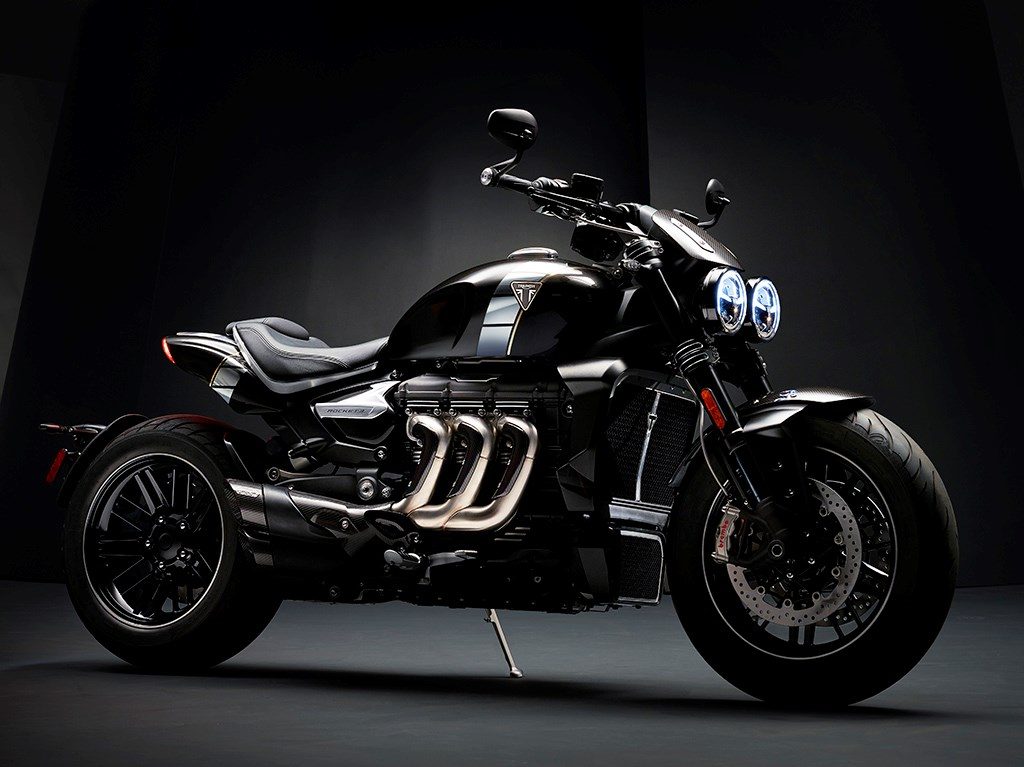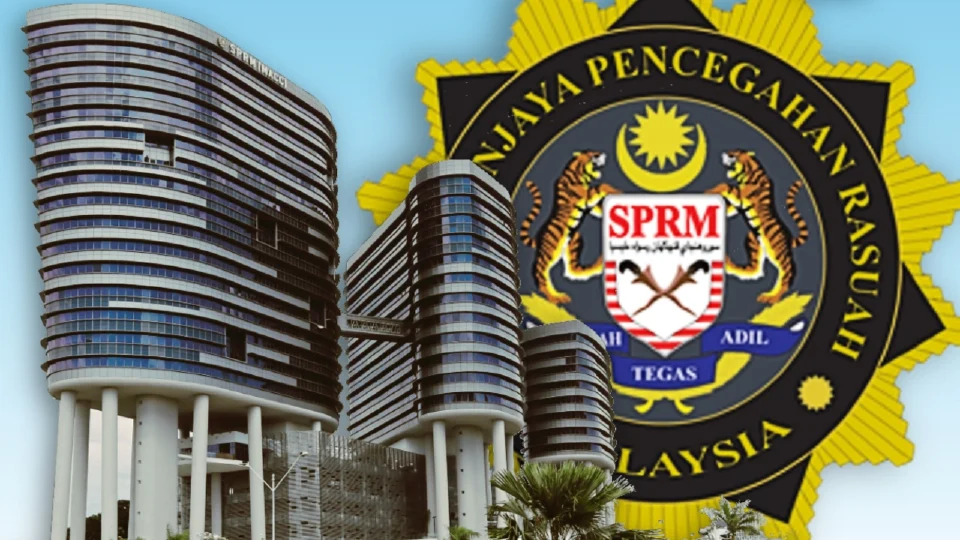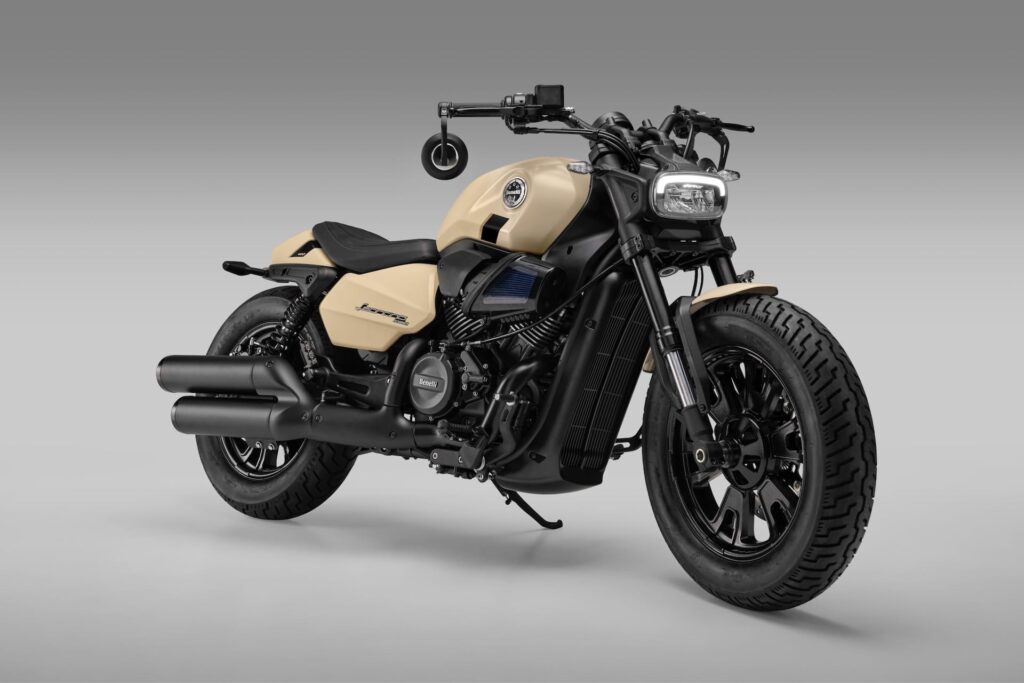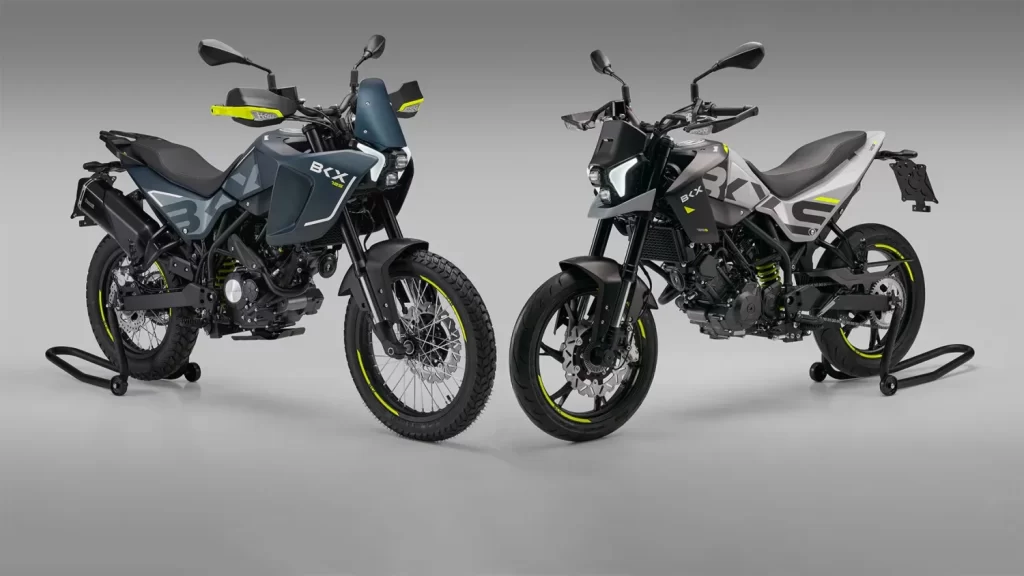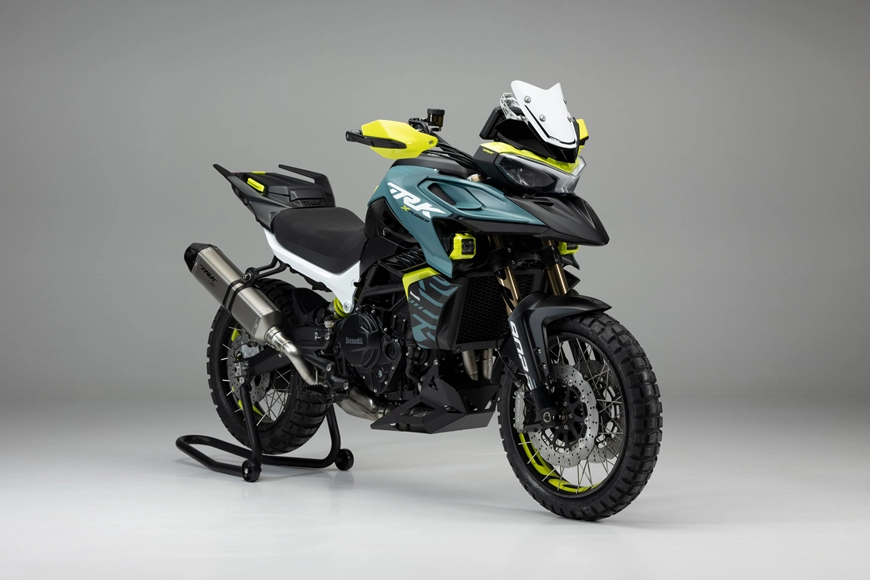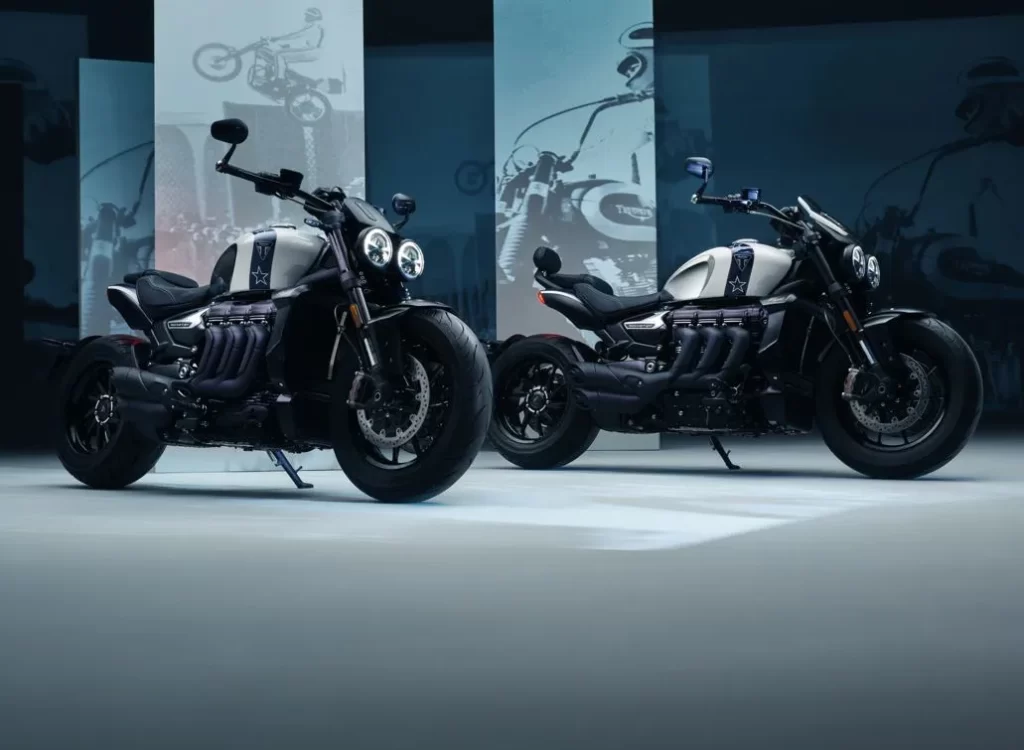-
Triumph Motorcycles launched Project TE-1.
-
The two-year project seeks to build Triumph’s first electric motorcycle.
-
The project is a collaboration of four parties including Triumph, Williams Advanced Engineering, Integral Powertrain Ltd. and WMG at university of Warwick.
As more and more countries mobilize their electric vehicle initiatives to reduce pollution (while Malaysians are still squabbling over car window tinting), motorcycle manufacturers are following suit. The latest effort is by Triumph Motorcycles who launched Project TE-1.
Project TE-1 (for Triumph Electric-1?) is considered a groundbreaking collaboration among Triumph and three other partners. They are Williams Advanced Engineering (WAE), Integral Powertrain Ltd. (IPL), and WMG at the University of Warwick.
The two-year project is in turn supported and co-funded by the United Kingdom government’s Department for Business, Energy & Industrial Strategy (BEIS) and the Office for Low Emission Vehicles (OLEV), via Innovate UK.
Each partner has specific tasks:
- Triumph Motorcycles plays the role of Tony Stark – the leader – of the project. The maker will provide “advanced motorcycle chassis design and engineering expertise,” besides “manufacturing and pioneering functional safety systems besides electric drivetrain power delivery characteristics.”
- Williams Advanced Engineering will provide industry-leading lightweight battery design and the means of integrating it. in other words, WAM will deliver battery management system and vehicle control unit. WAM is already the battery provider for Formula-E and many world-renowned EVs.
- Integral Powertrain Ltd.’s e-Drive Division leads the development of power-dense electric motors and silicon carbide inverter. The two components will be combined in one motor housing.
- WMG, University of Warwick will provide electrification expertise and vision to drive innovation from R&D to commercial impact. It will be carried out through modelling and simulation based on future market needs.
Triumph feels that collaboration is necessary in order to build a good – if not great – electric motorcycle. Working on something completely new is a huge undertaking in terms of cost and time, so getting it wrong would be disastrous.
Each partner specializes in the different areas of electric vehicles, thus that expertise will be integrated into a “sophisticated electric motorcycle” which “reduce mass, complexity and package requirements.”
In other words, the collaboration seeks to accelerate R&D in terms of packaging and safety of batteries, optimum electric motor sizing and packaging, integration of braking systems including regenerative braking, and safety systems.
So, how will Triumph’s electric bike look like? Wouldn’t we like to know too! How about an electric Rocket-E TFC? (Cue evil laughter.)



